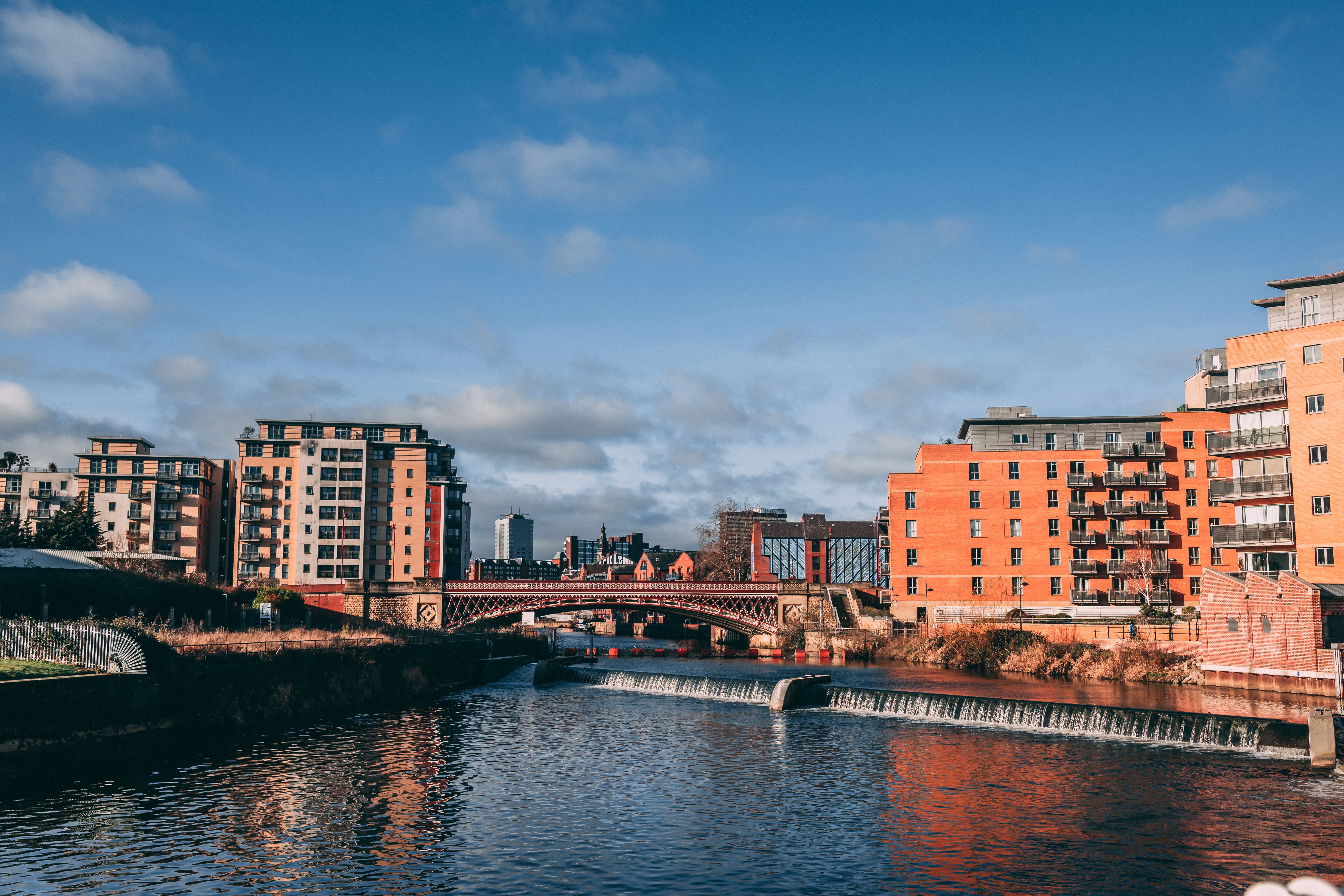These are the Millennials Labour must rescue first
1.4 million workers in the UK are living in a constant state of economic “double jeopardy”. Millennials are the most likely to find themselves in this situation - but precarity is not something we can afford to tolerate as a fact of life.
Inflation is finally dropping - albeit very slowly. But stabilising food prices won’t be enough to calm the nation’s financial anxieties. And for an important minority, the ongoing cost-of-living crisis is of a different order of magnitude altogether.
A new briefing published this week by thinktank The Work Foundation, which works out of Lancaster University, has revealed that 1.4 million workers in the UK aged between 16-65 are living in a constant state of economic “double jeopardy”. These are people who are private sector tenants and face record-breaking rents, while also earning their income through extremely insecure work - jobs in the gig economy, on zero-hours contracts or short-term temporary agreements.
Meeting these eye-wateringly high monthly sums to keep hold of a stable home is also harder for those 1.4 million tenants who are insecurely employed, as they are on average £3,200 a year worse off than those with secure jobs.
Millennials are the most likely to find themselves in this situation: a quarter of workers between 35-49 are in insecure work while also living in private rented housing, rising to one in three among those aged between 25-34. If you’re Black or Asian, you are more than two times more likely to be a private renter if you’re also in insecure work.
Meanwhile, the analysis notes, private rents have risen by 15% since January 2022. With no guarantees of work and the prevalence of no fault evictions as well as immediate legal action for going into rental arrears, people in this double bind find themselves constantly on the precipice of losing one or both of the crucial supports to a stable life.
“The effects of such precarity is devastating and exhausting. It shapes, mangles and even destroys lives.”
The academics involved in the report spoke to people about how it feels to be trapped in a life of work and housing precarity. One mother living in the north west and working in retail on a variable contract, says: “You can’t budget and you can’t work out what you’re going to get paid. My wages have been spent before I’ve got them.” She lives in a two-room flat with her son and her rent has risen by 10% in a year. She had to negotiate an agreement to clean the communal areas of her block in return for a slight reduction in market rent, just to stay put.
Another woman, pregnant and on a temporary contract as a support worker and with no employment rights, says she won’t even be able to cover her rent on a room in a seven-person house share on the statutory maternity pay she will receive after the birth of her child.
In individual human terms, the effects of such precarity is devastating and exhausting. It shapes, mangles and even destroys lives. But it matters on a societal level too: If - and often when - these families fall off the precipice, they cost the state a lot of money. Not just in terms of the pressure of the benefits bill and the constantly rising cost of providing emergency housing, but also around the costs of mental health. It takes a long time to recover from a personal financial crisis caused by the tiniest change in circumstances; one lost shift per month, for example, or an incorrect emergency tax payment can knock over the entire house of cards.
The stress of living in these circumstances limits creativity, entrepreneurialism and opportunity taking. It prevents spending in the local economy, as every penny is either already accounted for or anxiously saved in anticipation of a future crisis. It is economically bad for us all.
That group of 1.4 million people may be small on a population level, but they have a distorting impact on everyone’s life chances. Precarity - or the precariat, as some academics term this group - is not something we can afford to tolerate as a fact of life.
The report’s authors make several suggestions - with the standouts being: guaranteed minimum working hours become a default of all employment contracts, with an employee retaining the right to request an alternative work pattern; and statutory sick pay reformed by removing an earnings threshold on being able to claim it, or waiting days, which penalise someone taking a single day off due to illness.
A third measure that I would have liked to see in the report is zeroing in on the operation of universal credit. Those in transient roles while living in insecure housing are most likely to come into contact with the benefits system at some point. When someone makes a new application for universal credit they have to wait five weeks for their first payment. That waiting period is significant enough to push people into the abyss. An initial starting payment awarded upfront, on trust, while circumstances are assessed, would save much more money to the public purse than the wait eventually loses through creating destitution.
“We need to reset Britain’s entire approach to poverty, work and housing needs - all made so callous, so judgemental, by 15 years of Conservative rule.”
None of these proposals is likely to even be considered by the current government - unwaveringly committed to rolling back worker protections and in perpetual refusal to address the UK’s housing crisis. But if polls are to be believed, we are on the cusp of a change not just to a different government. Labour’s manifesto will not be published until the election is called, but it is expected to include a significant ramping up of worker’s rights. This will include a ban on zero-hours contracts, new systems of pay bargaining for poorly paid and insecure roles in social care, employment rights from the first day in a new job and an end to “hire and fire” tactics as a means to create a flexible workforce.
All these measures will be welcome, of course. But we need to think even bigger. We need to reset Britain’s entire approach to poverty, work and housing needs - all made so callous, so judgemental, by 15 years of Conservative rule. And if we are to attempt that, there are few groups in more urgent need of a fresh approach than our ever-growing precariat.
The Lead is now on Substack.
Become a Member, and get our most groundbreaking content first. Become a Founder, and join the newsroom’s internal conversation - meet the writers, the editors and more.





